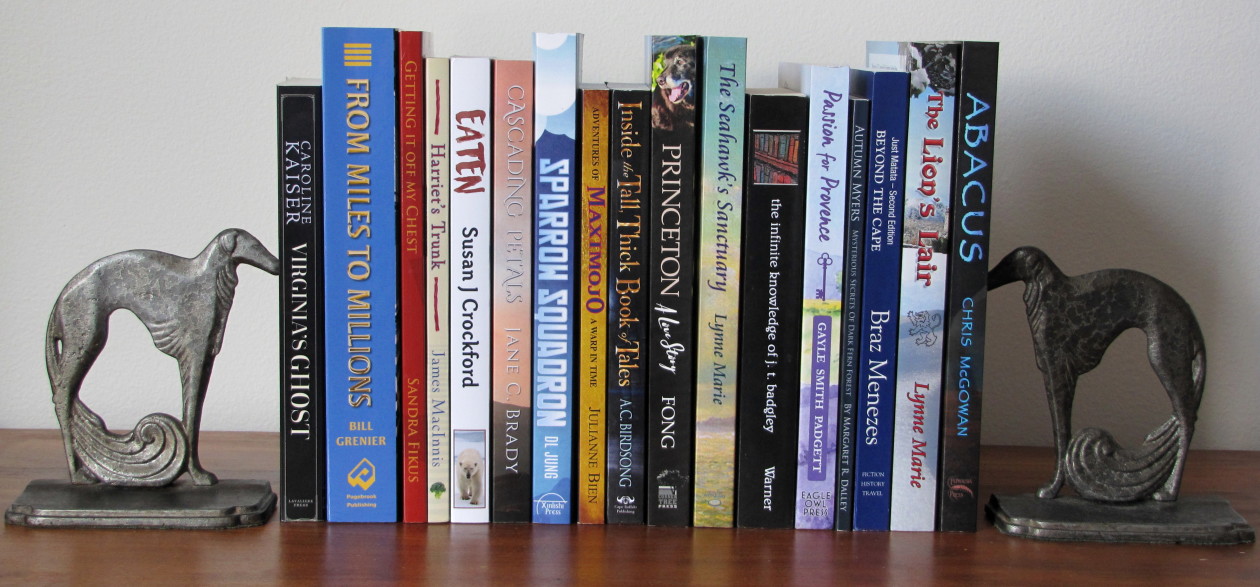When you reach a certain age, it’s all too easy to become a little bit crotchety on the subject of the younger generation. The transition to curmudgeonliness happens not long after a moment of awakening, such as when a store clerk at a cosmetic counter suggests you purchase an anti-aging serum, or when a young person mentions a bit of slang you’ve never even heard of–even though you’re an editor and thought you were conversant with all the latest usage. Your relative oldness stands out in dramatic relief at such moments. You can no longer pass yourself off as young, nor can you pretend to truly understand the young. The gulf between you and the younger generation seems vast and insurmountable, which paves the way for becoming a critical such-and-such.
To the most curmudgeonly among us, young people are inevitably rude, lazy, undisciplined, distracted, and illiterate. But come now, are they really? I confess to being at a certain disadvantage when it comes to the subject of the young, as I don’t have children of my own, and I spend much of my time around other middle-aged people, many of whom are also childless. But what I can tell you is that none of those adjectives even remotely apply to some of the young authors who have crossed my path recently.
One author I worked with earlier this year is still in high school, while another recently graduated from university. Both have written sizeable and ambitious novels in the fantasy and science fiction genres. Both are respectful, gracious, and generally delightful to deal with. And as far as literacy is concerned, both have very successfully absorbed the fundamentals of spelling, grammar, and punctuation, which speaks well for both them and the educational system. But more than that, it’s as if they’ve already read all those books I’ve been reading about how to write good fiction and have even memorized the rules–they really know how to structure a novel. And doing so seems to come very naturally to them. Perhaps it’s not so much that they’ve read about the rules as that they’ve already read a lot of fiction in their young lives and have absorbed it at such a deep level that they instinctively know how to write it.
That anyone so young manages to write a novel, let alone a good one, astonishes me. Beyond their obvious literary ability, these young authors have ambition, patience, and discipline in spades–not to mention a buoyant optimism to carry them through the long process of writing and publishing their work. Looking back at my much younger self, I know I wasn’t half as impressive as they are. I certainly wish them well, and I can’t wait to see where their writing will take them.

 Follow
Follow